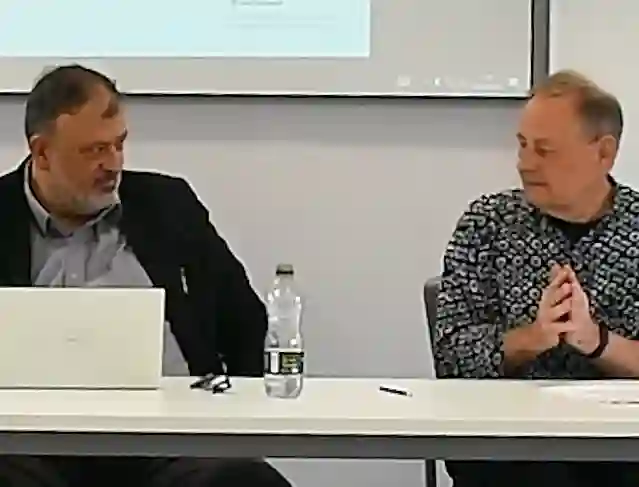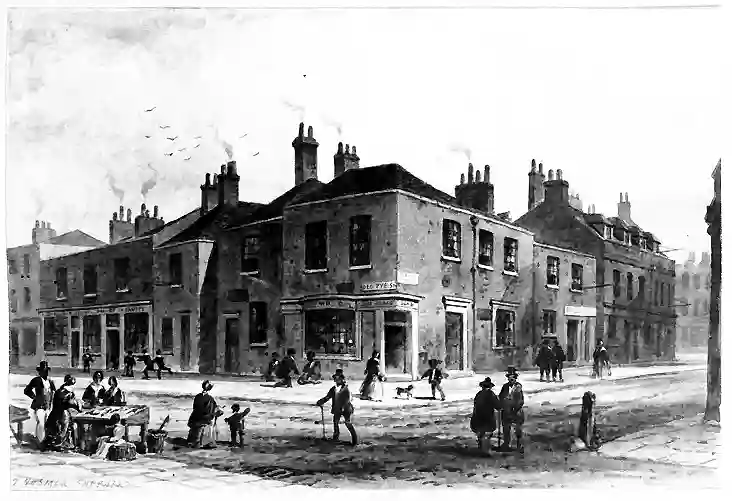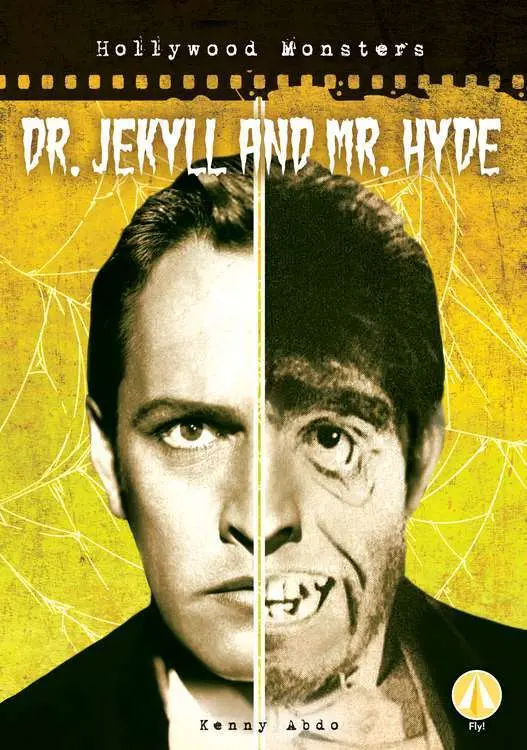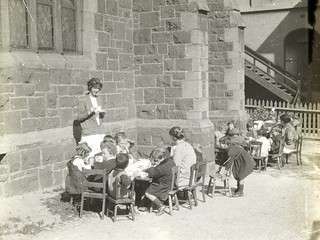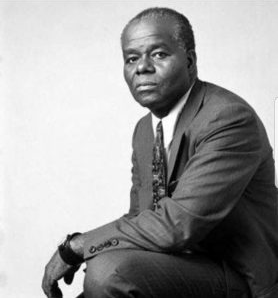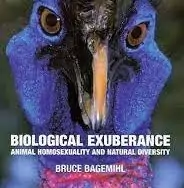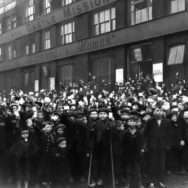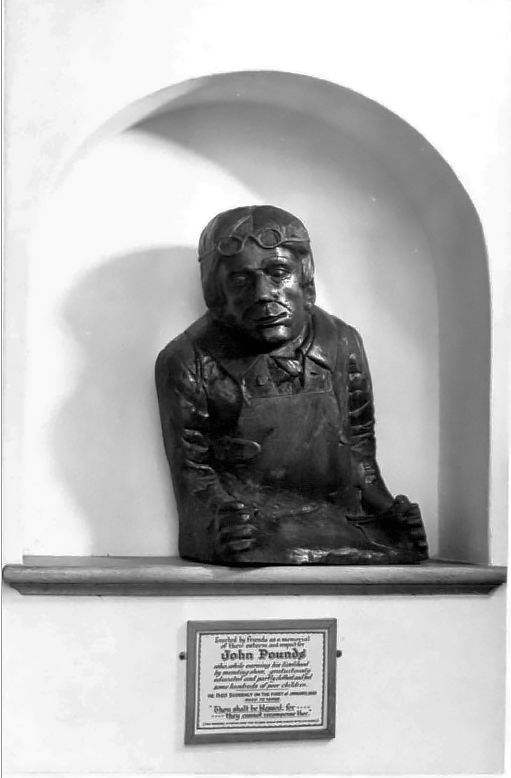The London Ragged School Union by D. H. Webster
“This is the age of societies. There is scarcely one Englishman in ten viio has not belonged to some association for distributing books or for prosecuting them; for sending invalids to the hospital, or beggars to the treadmill; for giving plate to the rich, or blankets to the poor” – Thomas Babington Macaulay. Read more…
Mad Studies: The Identitarian Problem
This piece of work although situated in the context of Mad Studies as an academic discipline, is part of work which extends beyond the boundaries of Mad Studies in all directions. These notes are partly a way of talking through various fragments and ideas in order to organise and coordinate a larger study which intersects class, community, gender culture and identity; it is work which is coordinated in a study I am calling ‘Sub-legal Violence’ as a working title. Read more…
Action Research: Critical Evaluation of Superstructures
This is the final installment of the first phase of an action research project interrogating the activities of administrative structures (like the Outcomes Star) in the lives of people who lack agency in the UK cultural context. As a project it has triggered an investigation of administrative systems with a particular view to asking what a healthy bureaucracy looks like, and also what do the deadweight costs of dysfunctional bureaucracy look like. Read more…
The Influence of the Sunday Schools on the Ragged School Movement by D. H. Webster
When Robert Raikes lamented the plight of the poor in Gloucestershire an inhabitant said to him: “Ah sir, on Sunday these wretches spend their time in noise and riot, playing at ’chuck’ and cursing and swearing in a manner so horrid as to convey to any serious mind an idea of hell.” [1. B.Rodgers, The Cloak of Charity. 1949, p.101] Read more…
Dr. John Henrik Clarke: Black History as the Lost Pages of Human History
Sexual Diversity Throughout Nature: A Primer
This post is a series of verbatim excerpts taken from the book ‘Biological Exuberance; Animal Homosexuality and Natural Diversity’ by Bruce Bagemihl, Ph.D. The excerpts are taken from the introduction and the beginning of chapter 1 in order to illustrate some of the themes which the book deals with and some of the sources. Read more…
The Children’s Sheriff and the First Industrial Ragged Schools by D. H. Webster
“On the last night of 1839 William Watson wrote in his diary, ‘What have I done for my fellow men? Nothing! Nothing!’, Nothing! What can I do? What does He will that I do? That I love Him with all my strength and might – and my neighbour as myself. How can I love the Father and not the child? I must no longer live for myself but for His little ones. Faith without works is dead.” [1. M.Angus, Sheriff Watson of Aberdeen. 1913, p.58.]
Origins Of The Ragged Schools: John Pounds, The Kind Old Cobbler by D. H. Webster
The precise role of John Pounds in the history of the Ragged School Movement is obscure. His biographer presents him as the founder of the ragged schools (1. H. Hawkes, The Recollections of John Pounds. 1884, p.295). It was certainly an opinion held by some within a few years of his death (2. E.G. York Herald, 4 May, 1850. ’The origin of this movement commenced with one very humble in life (John Pounds).’ Report of a speech made by the Rev. Canon Trevor). Read more…

